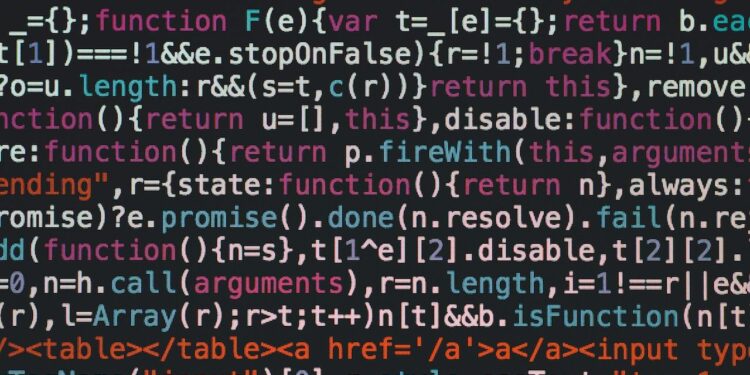Automation has been touted as the end-all solution to menial, repetitive tasks — a relief for companies looking to amp their efficiency.
But what if automation could go beyond streamlining the checkout process at a grocery store? Or sorting through job applications searching for specific keywords? What if such algorithms could help companies meet their diversity goals?
Author Orly Lobel believes that it’s possible.
Lobel works as a law professor specializing in labor at the University of San Diego, California, and has a deep understanding of both the pros and cons of modern tools.
However, she says that society is too hung up on the negatives and ignoring what could be game-changing innovation.
In her book “The Equality Machine: Harnessing Digital Technology for a Brighter, More Inclusive Future,” Lobel explores how AI has impacted the workforce, and how it can be used to create a more diverse pool for employers.
“For the past decade, I’ve seen too much of a binary discussion. People on the inside of the tech industry are not really interested in equality, distributive justice, and fairness—they’re just celebrating technology for the sake of technology,” said Lobel in an interview with WIRED.
“A lot of people, particularly women and minorities, are opting out of working for Big Tech. It’s a vicious circle, where we’re getting fewer of those diverse voices on the inside, and the people who are critiquing or being agnostic have less skin in the game.”
Most discrimination in the hiring process comes from human biases, and Lobel says that algorithms could help improve — not perfect — and identify prejudice when recruiting new talent.
“[When] there are biases, what are the sources, and can they be corrected, for example, by adding more training data?” Lobel adds. “How much can we debias as humans versus how much can we improve the different systems?”



 Dr. Gleb Tsipursky – The Office Whisperer
Dr. Gleb Tsipursky – The Office Whisperer Nirit Cohen – WorkFutures
Nirit Cohen – WorkFutures Angela Howard – Culture Expert
Angela Howard – Culture Expert Drew Jones – Design & Innovation
Drew Jones – Design & Innovation Jonathan Price – CRE & Flex Expert
Jonathan Price – CRE & Flex Expert











